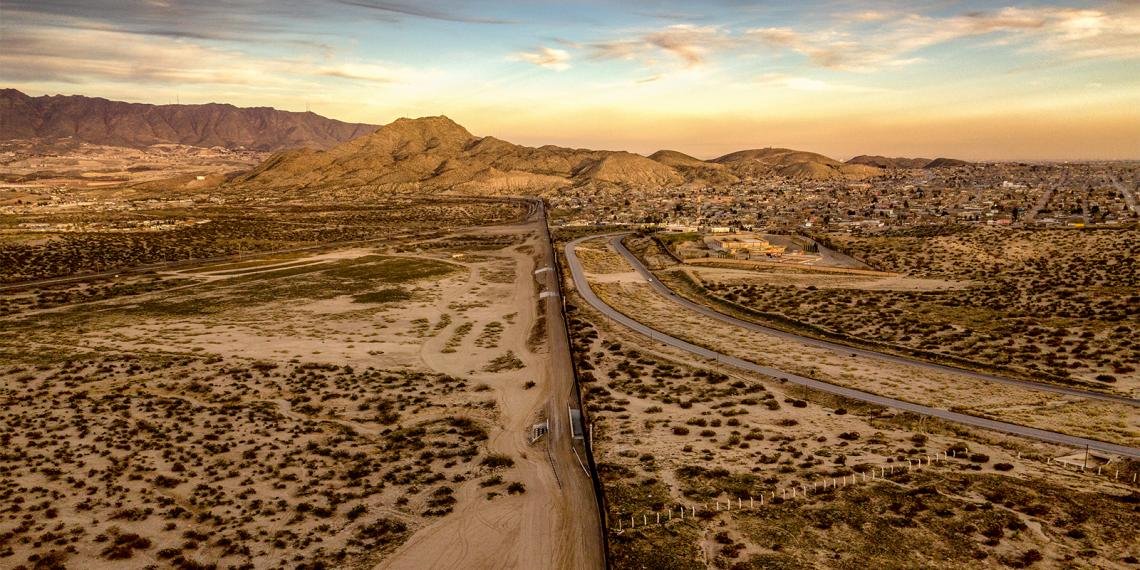
Paysage Frontière
Paysage Frontière by Victor Ibarra
Program Notes
Paysage Frontière, translated as Border Landscape was originally commissioned by clarinetist Vince Dominguez in 2019, and was adapted by Ibarra for Michael Hernandez in 2021. The piece was written to underscore the border crisis that escalated in the 2010’s between the United States and Mexico. In this work, the theme is established specifically with the installation Resistencia by Marcela Armas in mind. In this visual installation, the borderline of Mexico and the United States is drawn in the dark space of the room with an incandescent metallic filament. According to the installation’s own description, “The work is presented in the physical space as a real limit, overflowing with the tension and incandescence. Resistance is a representation of the United States-Mexico border executed with a metal incandescent filament called resistance heating. A series of steel cables, or “tensors”, allow the set of vectors to configure the border drawing in three-dimensional space. The wires act as a group of forces in tension that enable the line to be sustained in space.” The resistance used in the installation establishes a metaphorical relationship to the sociopolitical reality that is lived on both sides of the border by representing it as an overwhelming line, filled with tension and incandescence. Resistance heating demands and consumes large amounts of energy from the electrical grid that feeds it.
Taking this installation as a reference and in accordance with my usual way of working from graphic sketches that I transform into melodic designs, I reference the tension and fold points of the metallic filament that turns on and off in the dark space. Similarly, the idea of incandescence, on and off, are present in the nuances and notes that accompany the melodic design on which the piece is structured. The idea of resistance becomes a constant, immutable, unifying force that is interwoven between the visual universe, present in the installation of weapons, and in the sound in the acoustic space remains empty. The work reflects the border as a dangerous edge, as well as the rupture and distortion of relations between two neighboring nations.” - Victor Ibarra
-

.
-

-
